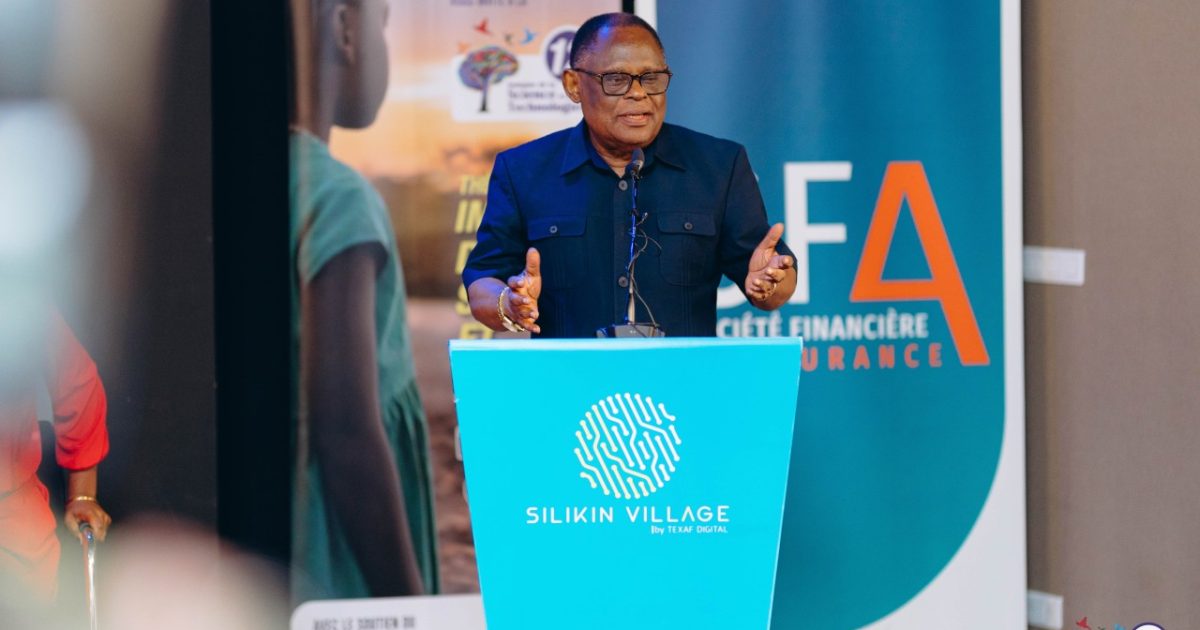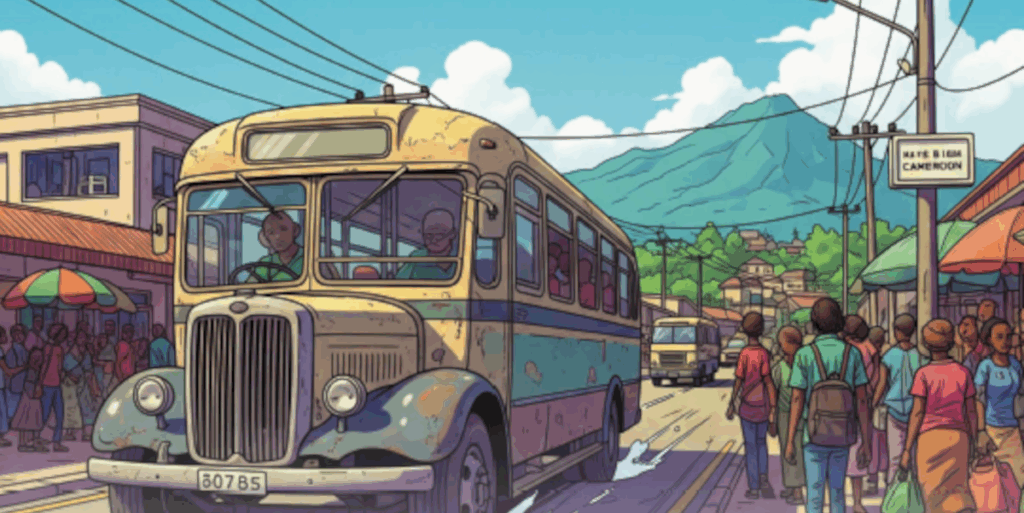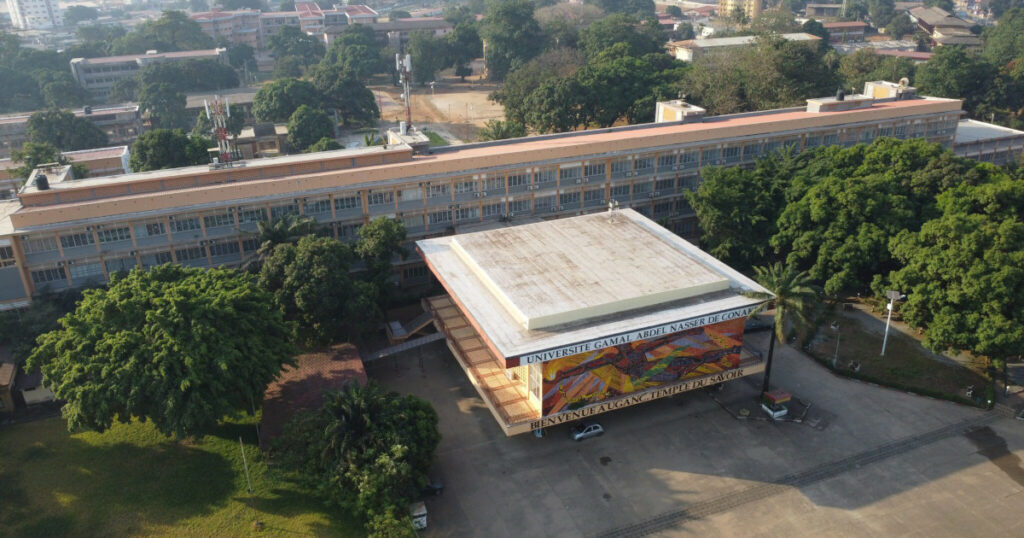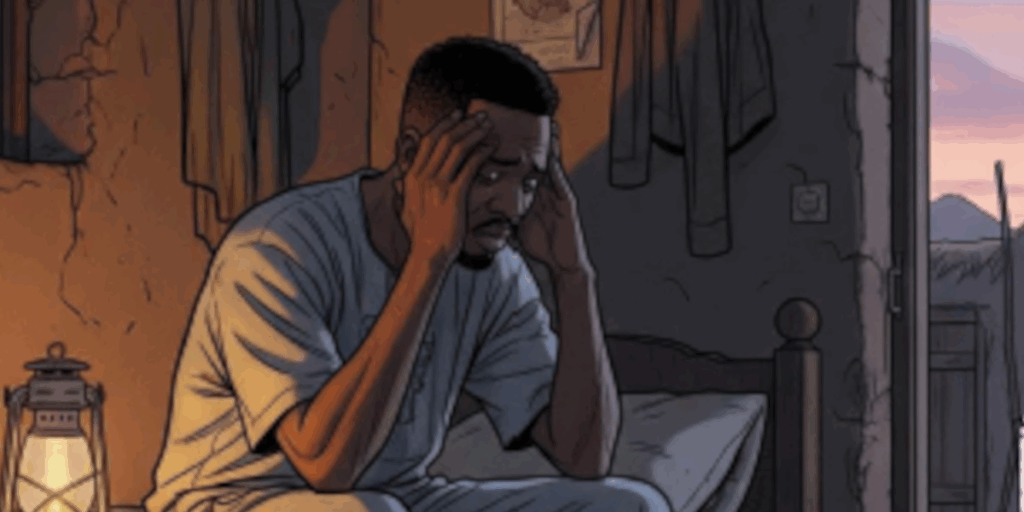Knowing Africa’s pre-colonial history is essential if Africans are to project themselves into the future
I have just finished reading the article “La protohistoire de la colonisation congolaise. Les années d’événements inconnus des ancêtres” by Professor Isidore Ndaywel. I have been waiting for such a reflection for so long that I am moved. Let me tell you about it.
As you know, I am passionate about science. It is fascinating to study Nature and the Universe, to discover its laws and constants. Nature is beautiful, and so are the sciences that interact with it. But I am also passionate about the history of science. For if the sciences are beautiful, the men and women who, through their passion, curiosity, tenacity, doubt or genius, have brought them to the fore and made them progress, also deserve our attention and admiration. Knowing the history of science means giving scientific disciplines a human face – a face which, in my opinion, is necessary for their transmission and reinvention. So, when I come across a book or article that approaches the history of science from a fresh, original, unexpected angle… I enjoy it.
Ordinary reader
I would like to make it clear from the outset that I am not the type of person to go through every catalog or bibliography with fervor. I am often content to stroll the shelves of bookshops, follow the suggestions of platforms, and let myself be guided by what grabs my attention – a word, a cover, a promise. So, my reading tends to be accessible, aimed at the general public. I am what you might call a very ordinary reader, browsing through the editorial window.
But this passion led me, a few years ago, to take a step further. In 2012, with my sister, we wrote a little book entitled Physiciens et physiciennes, d’Archimède au 19e siècle: sixty-one profiles of scientists, anecdotes, quotations, sometimes unexpected details, to show that physics is not just about cold equations, but also a story of men and women, passions, mistakes, genius, and humanity. A modest work, but one that aimed to give a more accessible, more endearing face to this discipline that many consider difficult. That was the first volume. Since then, the project for a Volume 2 has been dormant. Perhaps it’s time to wake it up…
Africa remains the great absentee
Since this publishing adventure, I have continued to read, to observe, to wonder. And, in the course of these readings, I have seen a number of developments emerge. In books on the history of science, we can now see the names of a few women, like silhouettes long left out of the limelight, with the exception of the inevitable Marie Curie. Some authors are also making the salutary effort to correct a widespread injustice: the idea that science was born exclusively in Europe, that innovation was the monopoly of the West, and that other continents only really contributed to it from the second half of the XXth century onwards. Today, there is greater recognition of the role played by Arab scientists in the transmission of Greek knowledge (some of whom have admitted to having been trained in ancient Egypt), or of the contributions made by Indian and Chinese civilizations, such as the invention of the zero in the case of the former, and gunpowder in the case of the latter. And, sometimes, the most inquisitives go so far as to mention the knowledge and techniques of the peoples of pre-Columbian America.
But Africa remains the great absentee. When it is mentioned, it is often in the margins, with a brief mention: here an inoculation technique passed on by slaves, there herbal knowledge. Nothing comparable, in volume or seriousness, to the space reserved for Europe. And that, frankly, is depressing. So I have always dreamed of reading books written by African authors, aimed at the general public, that would tell our scientific and technological history. There are, of course, solid theses and studies in scholarly literature. But if we want to change representations, it is not only there that it has to happen. It is also – above all – in accessible bookshops, in clear language, in a style that makes people want to read, in the manner of Yuval Noah Harari’s Homo Sapiens. This story needs to exist, so that we can reconcile ourselves with our history, too often denied, with our ancestors, too often forgotten. And so that we can look to our future with a little more confidence. Wouldn’t you agree?
African history of science and technology
It is in this spirit, with great joy and a heart filled with gratitude, that I read this latest article by Professor Ndaywel. He knows my expectations. He is one of those people to whom I have always said that we need a history of the science and technology of Africa – and of the Congo in particular. When I first visited the National Museum of the DRC, that is what I was looking for: our history of technology, ingenuity and creation. When I went to the Museum of Tervuren (Belgium), it was again what I was looking for. I certainly learned a lot, but I always left with an unquenched thirst. If we want science and technology to be levers for development, then we also need to tell this story – our own – and tell it to everyone, not just specialists.
And Professor Ndaywel does just that, in his own way, in “La protohistoire de la colonisation congolaise”. In it, he offers a masterly and disturbing re-reading of the first contacts between the Kongo kingdom and Europe, long before formal colonial occupation. Far from limiting himself to a chronology of events, he explores the way in which the introduction of European products and beliefs, from the XVth century onwards, initiated a profound transformation of imaginaries, symbols and social structures within Congolese societies. What he calls the “protohistory of colonization” refers not to a distant, hazy past, but to a foundational moment when Africa began, often unwittingly, to internalize an unequal relationship with the modern world.
Fascination with imported modernity
And then there is this figure, so poignant, that the article gives us to rediscover: that of King Afonso Ist of the Kongo. He touches us with the sincerity of his quest, his political intelligence, his vision of a Kongo kingdom capable of dialogue with the world. But this sincerity comes up against the duplicity of his interlocutors. The way in which the Portuguese responded to his appeals – or rather, failed to respond – reveals an asymmetry that was to be repeated over the following centuries. Through this individual destiny, a whole mechanism of domination is set in motion: fascination, promises, then betrayal. Dom Afonso’s story is a dramatic prelude to later violent colonization, trapped independence and persistent dependence. In his wounded lucidity, Afonso Ist remains infinitely endearing. He deserves that we take the time to meet him.
Ndaywel shows with finesse how this fascination with imported modernity – embodied in objects, knowledge and rituals from elsewhere – gradually weakened the dynamics of endogenous innovation. Through striking examples (the magical use of candles, the symbolic charge of iron objects…), he makes us understand that colonization was not a brutal changeover, but a slow process of cultural disarmament. Far from fatalism, his article invites us to revisit this history and draw from it a lesson in lucidity: to learn to create, to think, to invent from ourselves, and not always in imitation of the other. This is a dense, penetrating and absolutely essential text.
Telling our past differently
I can’t help thinking that this text by Professor Ndaywel is an answer to all those expectations I have been carrying for so long. He does not talk directly about the history of science in the academic or technical sense of the term, but he does address its symbolic foundations, the cultural fractures, the detours through which a society can turn away from its own capacity to think, to invent, to project itself. In this respect, his article is fully in line with the history of knowledge that we need to write and pass on, if we are to reconcile ourselves with the very idea of modernity coming from Africa.
I therefore invite you to read “La protohistoire de la colonisation congolaise. Les années d’événements inconnus des ancêtres“, published in the Congo-Afrique review, issue 592, February 2025. It’s a text of rare density, deeply illuminating, that deserves to be read, reread, shared and discussed. Thank you to Professor Isidore Ndaywel è Nziem for having, in his own way, heard the call that so many of us are making: that of telling our past differently, to better imagine our future.
Reform of history curricula
And since some readers will remind me, I will say it here simply: yes, I am today Minister of National Education and New Citizenship. And yes, I am convinced that this history – these stories – must be taught to our children. The reform of history curricula will begin in the next few weeks. And I will be sure to make the experts working on it aware of the importance of incorporating these stories: those of our knowledge, our resistance, our inventions, our voices. Because by embracing the richness and complexity of our past, we will make the training of tomorrow’s citizens stronger and more fruitful.
Science is fun, join us! 😉
Raissa Malu




